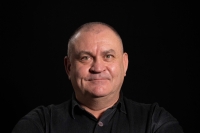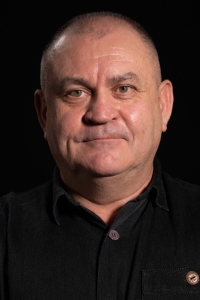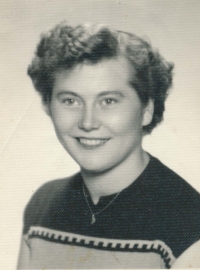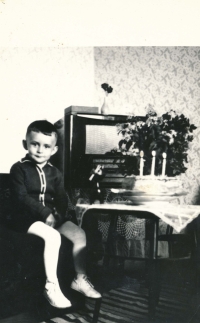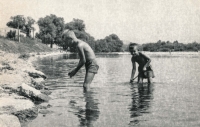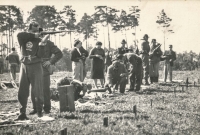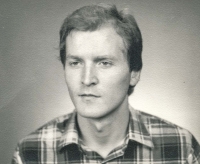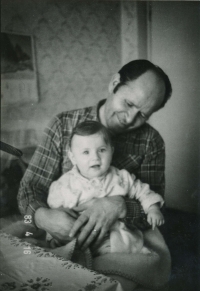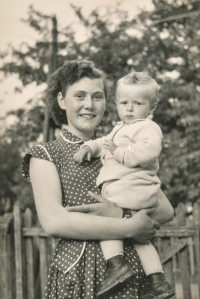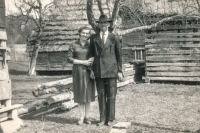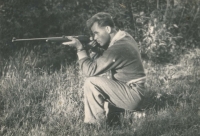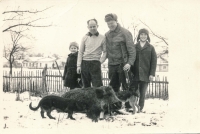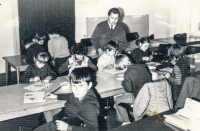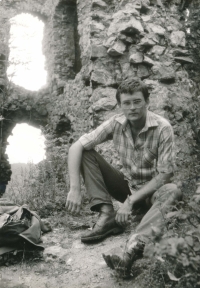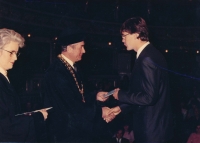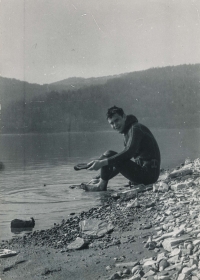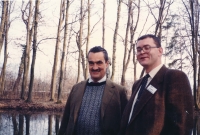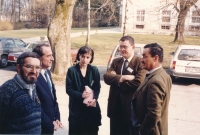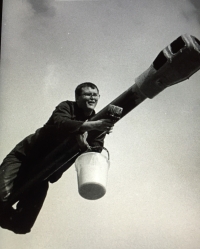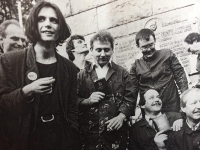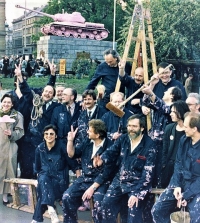Man does not need more than one lunch a day
Peter Kulan was born on 20 June 1962 in Humenné, eastern Slovakia. He has a brother Josef, four years older. Their parents always had a clear view of the totalitarian regime, so they could not choose their jobs. His father did all kinds of physically demanding jobs. Peter Kulan remembers his childhood only in the best way. Even in humble conditions, their parents managed to create a loving environment and tried to pass on a worldview to them. That is, that the totalitarian regime has never brought and will never bring anything good. Brother Josef gave Peter a voucher to the diving club in Humenné for his fifteenth birthday. This was a fateful moment, because diving became his lifelong passion and eventually his occupation. Peter Kulan graduated from the secondary industrial school and applied to the Slovak University of Technology in Bratislava. However, because of his father‘s political profile, he was not accepted. Then, in 1981, he applied to Brno, where he was accepted without any problems. After successfully graduating from the university, he went to the compulsory military service in 1987 in Čáslav, where he specialized in aviation technical support. After the service he worked as a technician in the Chirana Humenné factory. During the Velvet Revolution (in Slovakia it was called the Gentle Revolution) in 1989, he was at the birth of the Public Against Violence (VPN) movement. In January 1990, he was co-opted by the VPN to the then Parliament - the Federal Assembly. It was in the ranks of the VPN that he first met Vladimir Mečiar. After the break-up of Czechoslovakia at the end of 1992, he left politics. He lost hope that society could move towards a better and fairer life. He then worked, for example, as a member of the American demining company MOW, which operated in the Balkans and also in Afghanistan and Iraq. In 2014, he bought a small house by the sea in Croatia and opened a diving school, which he continued to run in 2022. He lives alternately in Prague and Croatia and has a total of five children with two wives.
